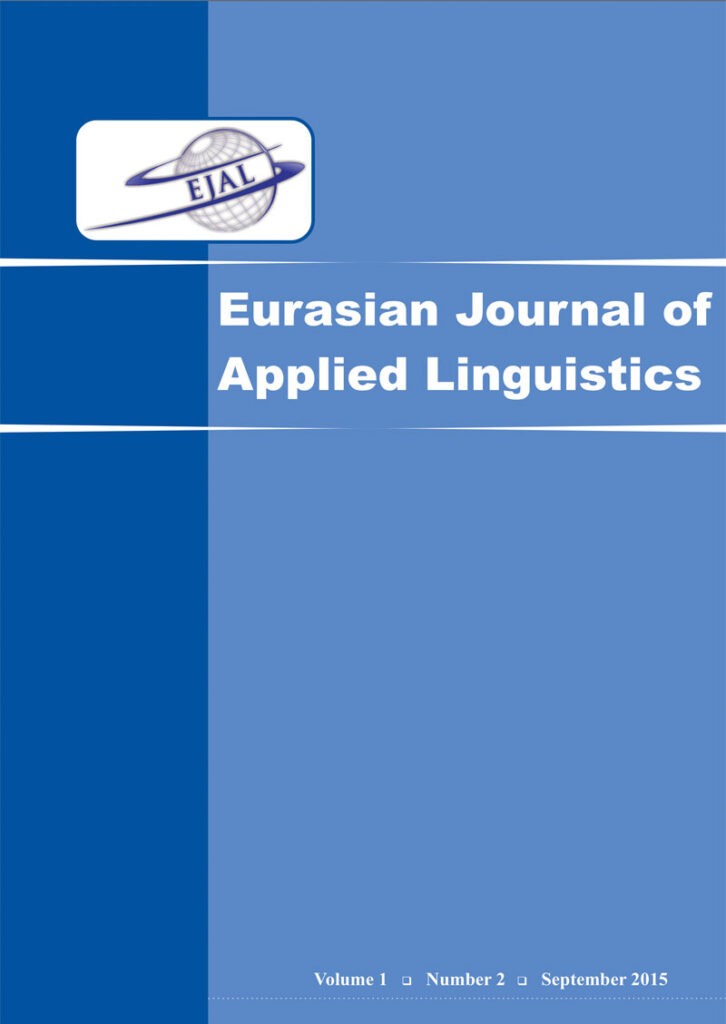Keywords: Concordance, corpus linguistics, vocabulary learning, L3 acquisition, data-driven learning
Abstract
Vocabulary knowledge is considered to be key to language comprehension and speech production. Although there is considerable research literature on vocabulary learning, there is no consensus on which vocabulary teaching / learning strategy is the most successful. The article describes the findings of an experimental research study aimed at analysing the effect of concordance-based learning on L3 vocabulary acquisition and retention. L3 is understood in the present research as a chronologically third language acquired by a speaker (Mayo, 2012). The study features 48 participants learning German as a second foreign language subsequently to English who were divided randomly into experimental and control groups. While the experimental group learnt words with the help of online concordance, the control group worked with conventional vocabulary worksheets. A pre-test, a post test, and a delayed vocabulary recall test were conducted with both groups. The study showed that the experimental group outperformed the control group in both post- and delayed tests. The aspect of vocabulary knowledge that was acquired and retained more successfully with concordance-based activities was making up sentences and building collocations with the given key words. The study also demonstrated the usability of concordance-based learning with A1 language level students within the framework of L3 acquisition.

